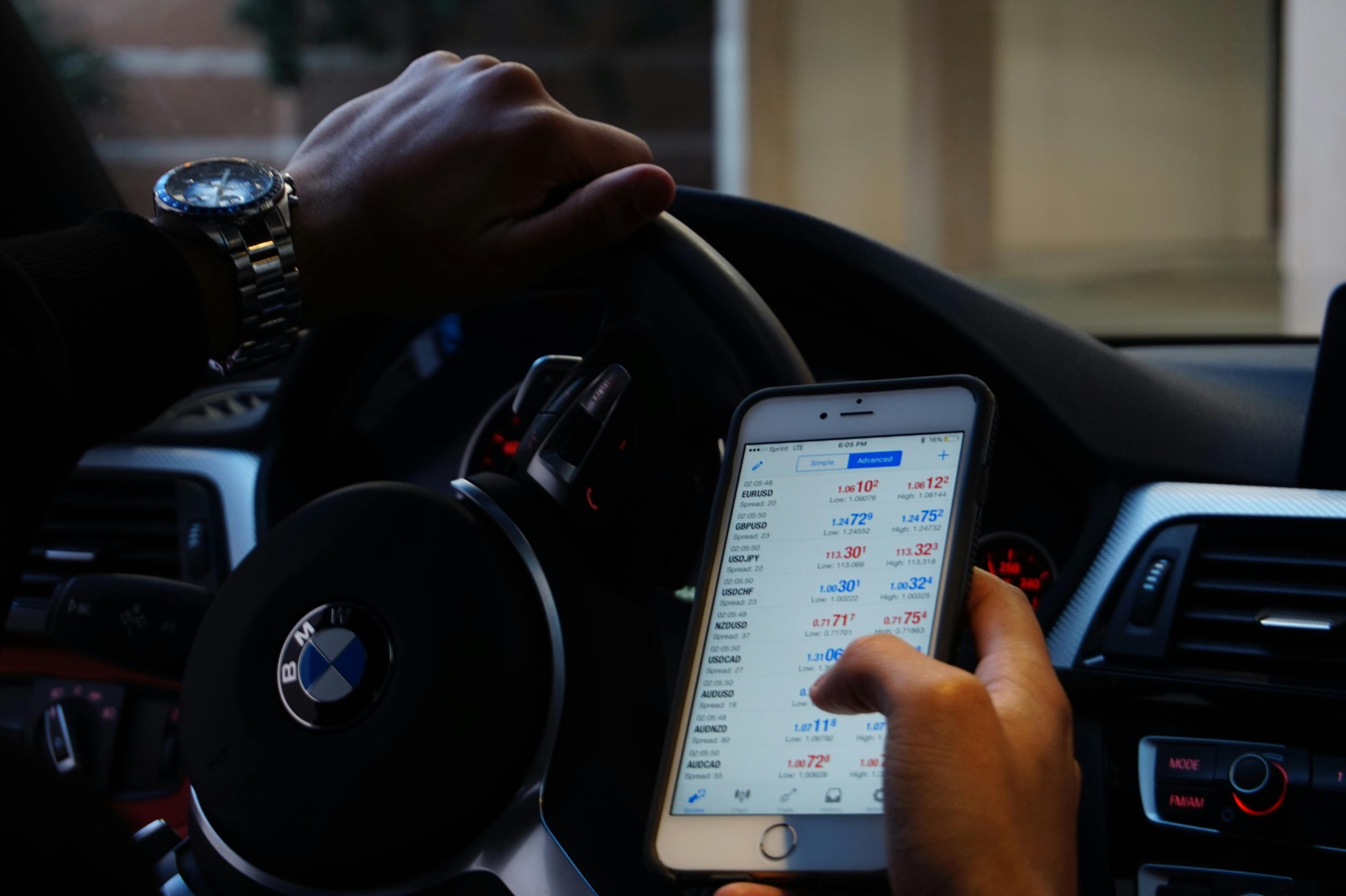Navigating Insurance After Your Car is Totaled: What Are Your Options?
Living in Western North Carolina, I’ve recently faced an unexpected challenge when my car met its demise. During the onslaught of hurricane Helene, my vehicle was severely affected by flooding. My insurance company, ever efficient, has processed the necessary paperwork and is preparing to send a check to the lienholder reflecting the car’s cash value. Despite this progress, I find myself grappling with a lingering financial burden of about $3,000.
Naturally, this situation begs a crucial question: Is it possible to cancel my insurance policy now that the car is effectively a write-off? According to North Carolina regulations, full coverage insurance remains a necessity for any financed vehicle. However, I’m finding it quite perplexing to continue paying for insurance on a car that no longer exists in usable form.
Fortunately, my daily needs don’t require the use of a car, as I reside conveniently close to all essential amenities. This gives me the flexibility to focus on rapidly clearing my outstanding loan. Once that’s behind me, my goal is to accumulate savings for an affordable vehicle, freeing myself from the shackles of car debt.
In the meantime, understanding the intricacies of insurance policies post-total loss remains key. An informed decision here will help me plan my next steps strategically, perhaps offering insights to anyone facing similar circumstances.




I’m sorry to hear about the loss of your vehicle due to Hurricane Helene. Situations like these can be quite challenging, but it is great that you are proactively seeking information to make informed decisions. You’re correct in noting that typically, when a vehicle is financed, the lender requires you to maintain full coverage insurance. However, once your car is declared a total loss and the insurance claim is settled, the situation changes slightly.
Once your insurer sends the payment to the lienholder, the vehicle is effectively considered paid off or, in your case, significantly paid down. At this point, the requirement for full coverage on a non-existent car becomes moot. Here’s what you can do next:
Confirm with Your Lienholder and Insurer: First, talk to both your insurance company and lienholder to confirm that the claim has been settled and the payment has been applied to your loan. Once the lienholder receives the insurance settlement, they may issue a document called a “lien release,” which proves that any further insurance obligations are removed from their side once the loan is fully settled. It’s crucial to ensure that all paperwork is in order.
Cancel the Policy: Once the claim is settled and there’s no further obligation, you can contact your insurance company to cancel your policy. Explain the situation clearly—since the vehicle is totaled and you won’t be purchasing a replacement immediately, maintaining insurance is unnecessary. Ensure you request any potential refund on your premium for the remainder of the policy period.
Keep Proof of Settlement: Retain all documents relating to the settlement of your claim and the cancellation of your policy. These documents may be important if there are any discrepancies or issues in the future.
Consider Future Insurance Needs: As you plan to save up for another vehicle, start considering what kind of insurance coverage will be most affordable and suitable for your needs and new vehicle when the time comes. Shopping around and comparing quotes from different providers can help save money.
Financial Planning: Regarding the outstanding balance on your loan, since the claim doesn’t cover it completely, continue communicating with your lender. You might be able to negotiate terms that allow you to pay the remainder without the burden of insurance costs. Since you’re already preparing to pay the loan off quickly, it seems you’re on the right path.
Emergency Fund: Being without a vehicle momentarily might be an opportunity to rethink financial strategies. Building an emergency fund could